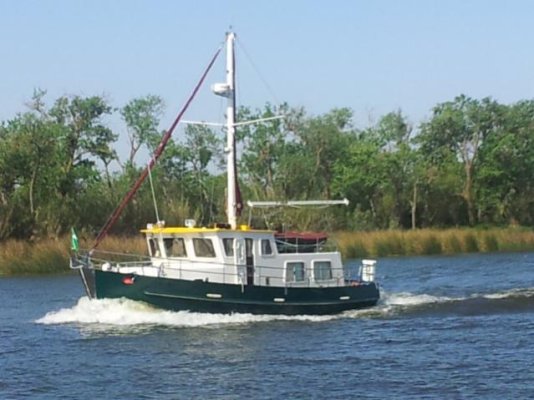It's all about resale. If the boat is new construction, I would get whichever power level most buyers choose, thus when you go to sell it, which will happen, usually sooner than the buyer would like, you will have the most desirable configuration. The cost of the bigger hp rating is seen only at initial purchase and not during normal use so it is not a constant drag on finances, but will help you either sell faster or at a higher price.
Indeed, I do buy popular things: popular shopping centers, popular apartment buildings, Collector cars, homes in popular neighborhoods, etc. And when they stop giving the pleasure or income I want, I sell them, invariably at a large profit since, for some odd reason lots of other people seem to want to buy them from me.. weird huh? Can you think of any explanation?
As far as my relationship to my possessions, I LOVE people and pets, not stuff or material things.
I enjoy the heck out of playing with my toys, but in the end they are just stuff. Mostly interchangeable stuff, too: in the last year, I have sold two Classic Motorcycles I restored myself 30 years ago: a Laverda and a Paul Dunstall Cafe racer. I also sold a Lotus 11 replica LeMans car i built in my shop over 7 years from a kit and a 550hp Campbell lake boat, that I rescued for a scrap pile. I loved building these toys, loved planning construction and working on them, loved using them and wearing them out. But I also loved seeing them drive away on the back of sombody elses truck, knowing that they had paid me good money and that they would continue to give them a good home.
As far as liking my things, most stuff is pretty much all the same: what is the practical difference between a new S-class, a new 7-series, a new A8, or a top of the line Kia or Hyundai or Tesla. Ive been in all of them, owned a few and other than the Tesla they are all peas in pod: just stuff.... it sounds like you like to build an emotional connection with your things, I Do Not, I save that for the people in my life instead.


